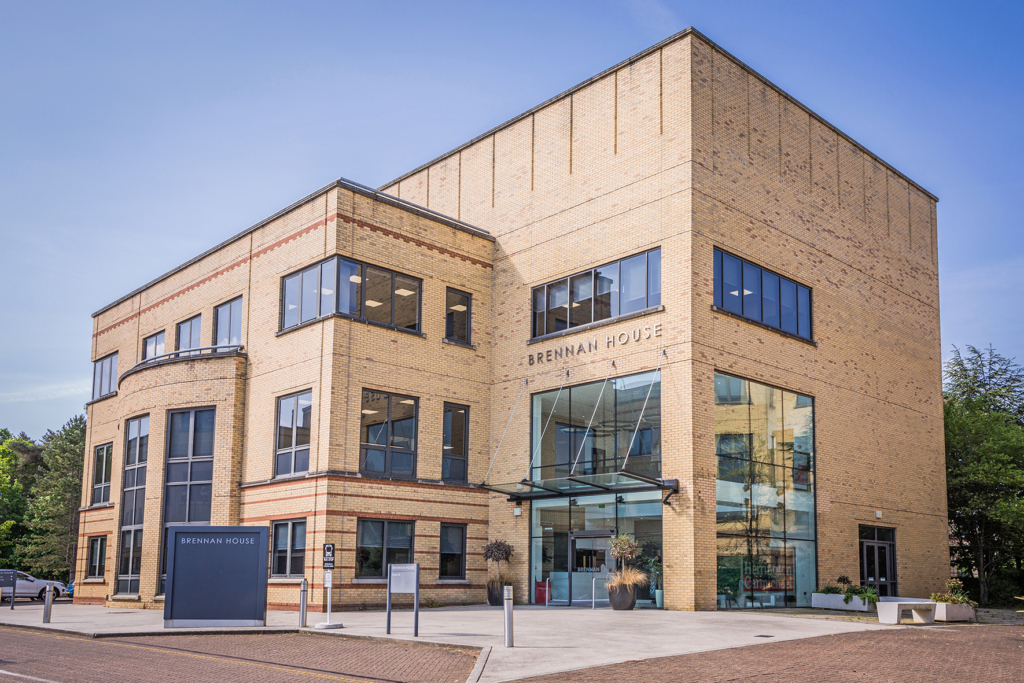University of Oxford shares in £80m investment to launch AI research hub

The University of Oxford is set to house one of nine new AI research hubs across the UK after securing a slice of an £80 million investment from the Engineering and Physical Sciences Research Council (EPSRC).
Led by Professor Michael Bronstein at the university’s Department of Computer Science, the hub will focus on the mathematics and computational research which is foundational to AI, and which could unlock new, more efficient AI systems.
The research programme will bring together almost 40 researchers at Oxford from computer science, mathematics and statistics as they look to employ theoretical tools from as yet underexplored mathematical fields.
They’ll focus on developing answers to four fundamental questions that underlie modern AI and machine learning systems:
- How can mathematical approaches be used to reveal hidden structures in data that can be exploited by a new class of machine learning models?
- Can mathematical tools be used to characterise machine learning models to understand when and how they work and fail?
- How can we ensure that learning and optimisation algorithms benefit from structures underlying machine learning models in order to develop better, more efficient, and safer AI models?
- How can we build self-adaptive AI systems that understand their limitations and can safely make decisions potentially affecting billions of people?
Read the March 2024 issue of The Business Magazine, including our feature on skills
Professor Bronstein said: “In 1872, Felix Klein published his now famous Erlangen Programme – a radical new unifying theory for geometry which had a profound impact across mathematics in general, leading to the emergence of many new fields.
“Now is the time for an Erlangen Programme for AI, based on rigorous mathematical principles that would bring better understanding of existing AI models as well as a new generation of methods.
“Mathematicians from a wide range of different fields – particularly geometry, topology and probability – will benefit from this gateway to new problems, applications, opportunities, and collaborations.
“At the same time, researchers working in machine learning and AI will benefit from the transformative influx of new expertise, new ideas, and new tools.
“Overall, we expect a transformative cross-fertilisation.’
Though based at Oxford, the hub will attract researchers from institutions across the UK, including the University of Southampton, Imperial College London, Queen Mary University of London, Durham University and the University of Aberdeen.
A range of industry partners have also committed staff time, training, secondments and co-funding for PhD students – of which at least 13 will be trained through the new hub.
They include Adarga, BBC, BenevolentAI, Graphcore, Hylomorph, Institute of Cancer Research, Morrison’s, Ofcom, Oxford Nanopore, QinetiQ, Siemens Medical, Thales UK and Tharsus.
Professor Charlotte Deane, executive chair of EPSRC and a professor in Oxford’s Department of Statistics, added: “Artificial intelligence is already transforming our world.
“EPSRC supports world-leading research to unlock its potential and ensure it’s developed and used in an ethical and responsible way.
“Long-term research funding has led to revolutionary advancements that have made AI a powerful tool for many applications.
“These hubs will deliver revolutionary AI innovations and tools in sectors from healthcare to energy, smart cities and environment.
“They’ll achieve this by solving key challenges and improving our understanding of AI helping to drive the increased productivity and economic growth promised by this technology.”
Hear the latest insights from property experts on The Business Magazine’s podcast...













